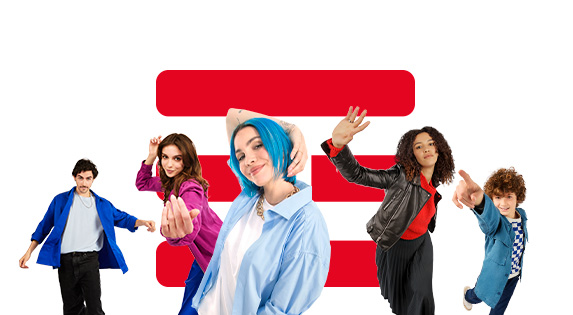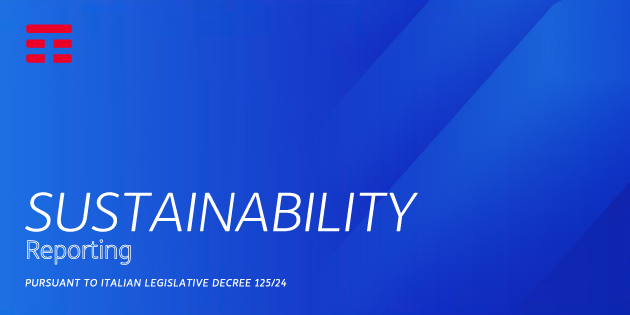TIM has again been included in the 2023 'Bloomberg Gender Equality Index' (GEI), an international index that measures the performance of companies on gender equality based on five criteria: female leadership, equal pay, inclusive culture, anti-sexual harassment policies, and brand positioning as a pro-women company. Being included in the index for the third consecutive year rewards the Group’s commitment and strategy on gender issues, including equal pay, already substantially achieved at management level
In particular, the Bloomberg Gender Equality Index considers publicly traded companies that exhibit significant performance globally in terms of inclusion. TIM has been included in the index since 2020 and the Brazilian subsidiary TIM Brasil has also appeared in the index since 2021; both companies are leaders, thanks to above-average scores, at industry, country and global level.
Furthermore, following the audits conducted by the multinational RINA, the Group has achieved the UNI ISO 30415 “Human Resource Management - Diversity and Inclusion” certification, an international standard that certifies the inclusiveness and enhancement of diversity in the company.
For TIM, this is a further step in the commitment to Diversity & Inclusion activities, developed since 2009. A process that has led, among other things, to the admissions to the Boards of Directors of TIM Retail, Telsy and Olivetti, where the majority of members are female directors.
TIM’s Diversity&Inclusion plan includes over 100 initiatives aimed at encouraging the emergence of needs, people's development and uniqueness, inclusion and communication, divided into 5 main areas.
- Culture of inclusion, promoted internally with a structured editorial and training plan and externally with a variety of initiatives, including ‘4 Weeks 4 Inclusion’ - the marathon in which, in the 2022 edition, TIM involved over 300 companies in four weeks of intercompany events.
- Progetto Donna (Woman Project), which aims to overcome the gender gap by working on cultural aspects such as the reduction of gender bias, the promotion of shared family and parenting roles, the empowerment of women to facilitate the development of their careers, management objectives on reducing the gender gap and pay gap and the presence of women in the BoDs of Group companies.
- Age Management, to overcome age-related stereotypes by promoting intergenerational dialogue and the full development of all generations, from “Z” to the most senior.
- Disability Management, which provides policies and tools, designed and identified by people with disabilities themselves, for their full integration.
- LGBT+ Management, focused on the inclusion of LGBT+ people in teams and the organisation, with an expanded vision of the family.
Rome, 31 January 2023



